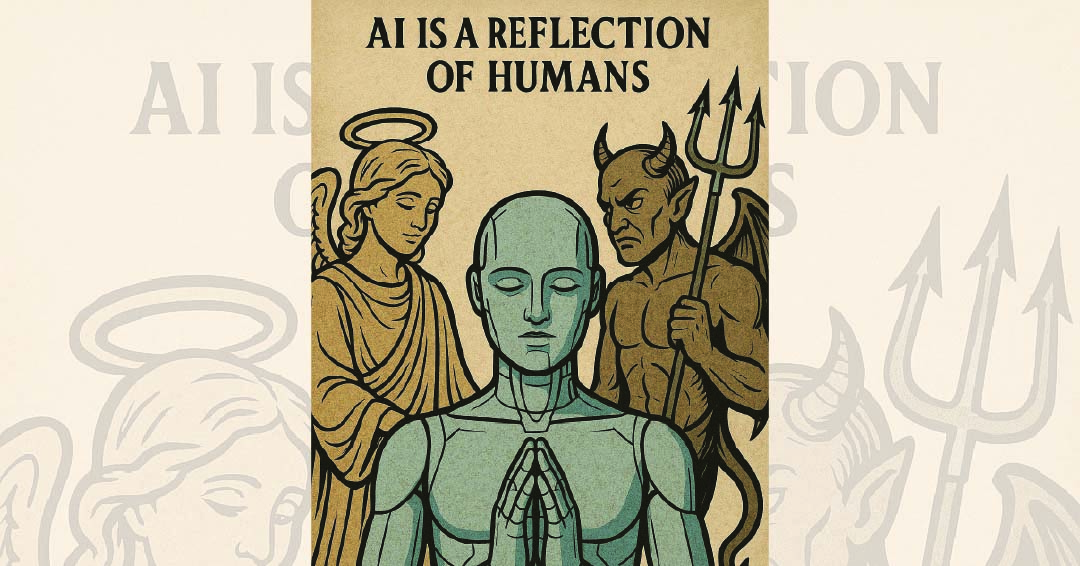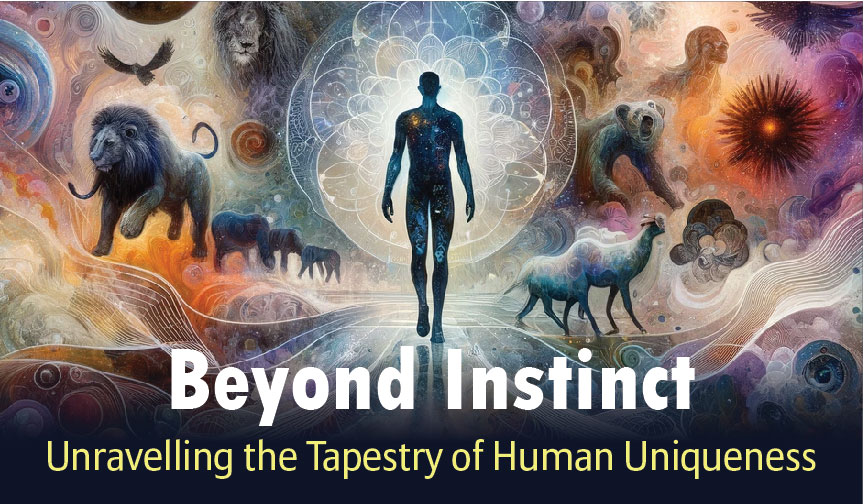Handling Decision Fatigue: Tips for Efficient Decision Making

You can also listen to this blog belowNew
I often hold brief, informal conversations with my younger colleagues; it allows me to share my learnings drawn from my life with them, and also gain insights based on their experiences. In one such recent discussion, someone asked me what has been one of the most crucial learnings in my career and how it has helped me. Honestly, it is a difficult question to answer; there were multiple lessons during my journey, many challenges each bringing its learnings and insights. However, after some deliberation, I told them that one of the most important things that I learned to handle was decision fatigue. The subsequent discussion made me realize that this is a prevalent issue that many people face. Today, I write this piece to share more about decision fatigue.
As one climbs up the corporate ladder, one cannot hide from making decisions. People look up to you to make decisions, to lead, and give directions. There is no denying the fact that you have to make decisions daily. As one grows in life, it becomes imperative to evaluate which decisions one must make, and which decisions one can skip. This stands true for personal life as well. Research has shown that an average person makes hundreds of decisions in a day, and even a small decision requires some cognitive energy. When we try to make too many decisions or try to work out multiple things together, our decision-making starts getting worse as our cognitive abilities get worn down. Irrespective of how smart, rational, or hard-working one is, the burden of taking too many decisions takes a toll on everyone. The exhaustion level adversely impacts our decisions. Our mind reacts to the decision overload by looking for shortcuts, poor trade-offs, and procrastination. Because of our lack of effective delegation, lack of trust in people, or the strong desire to control everything we end up depleting our cognitive energy.
You must first understand which decisions have a significant impact on your business, or your life in general, which are the judgments where you can truly add some value. These are the decisions that you must make; you must spend your time, energy, and attention on such decisions. It might help if you just list down these tasks, it gives you further clarity on how often you have to involve yourself in those decisions; a few things will require daily attention, few might have a weekly or monthly frequency. Now that you have identified the decisions which require your attention, you must in parallel also identify the decisions in which you should not be involved. Decisions that can be taken on your behalf, by people whom you choose to delegate the particular task.
To give you an example, as a CEO intensive travel is a part of my job; I might be doing breakfast in one city, lunch in another, and dinner in a third city at times. When I travel, I must get my documents in place, my meeting schedule must be in order, and my commute must be planned. Now, if I involve myself in booking the tickets, getting the documents in place, planning the commute, collating my figures in the meeting document, all on my own, I will spend a significant portion of my day in these operational tasks. Consequentially, all the decisions that entail hard choices, taking calculated risks, making a strategic decision, meeting the right partners, would all take a back seat. With the help of my team, I have devised an effective way of handling this, my team schedules my meetings well in advance, schedules my travel beforehand. I usually go through the business figures, important talk points, all mentioned in a briefing document during my commutes, which my team ensures is in order. All this helps save a lot of time and helps me channel my energy towards business-related work and stay focused. These small things contribute to the bigger picture, but cannot be microscopically monitored by me or anyone working at a senior level.
Decision fatigue is an interesting phenomenon and can happen to anyone, irrespective of your position or status. Many businesses thrive on decision fatigue, to give you an example, have you ever observed that at times you buy accessories of a product without much thought, simply because you bought an expensive product? This happens because you have spent time and energy analyzing the features of the main product, and now when someone is nudging you to buy its accessory, you end up buying it without much consideration if budget is not a constrain. Such purchases are a result of decision fatigue. If you have a decision in front of you, which you are too tired to make, you won’t think through it and will end up making an irrational choice. At times, if after a long, tiring day you go out to have dinner and the menu card has too many options, you might simply ask the waiter to recommend you the dish. This happens because you are too tired to decide at that moment.
To handle decision fatigue, learn to delegate and trust your people. Give your team a broad overarching idea of your expectations, you may monitor it a few times, but then you can leave it to them. This might be a hard realization for many, but the truth is that there is no need to make all the decisions by yourself. Once you have delegated a task, just let it go in the true sense, don’t follow-up, don’t micro-manage, if your team requires your input, they will reach out until such time you can simply remove this from your mind. You will be surprised to see how effectively and responsibly your colleagues handle situations once they are entrusted with a task. It not only lessens your burden, but also helps develop the decision-making skills and critical thinking skills of people around you; empower them with the right tools, and let them manage certain things on your behalf. Secondly, list out the decisions which have a large impact, are significant, and where you can add true value, get involved in those decisions. Rest everything can be delegated.
Understand that making a decision is a complex process; it requires energy, time, and attention; utilize these resources judiciously. This apparently simple fact is easy to understand but difficult to accept and practice; it’s only natural to wish to control everything you take up, but it is humanly difficult to implement. You will never have the time and energy to always make all the decisions without a cost. Learn to effectively delegate, train the people around you to make decisions, trust them; focus your attention on the important decisions, remove the clutter and breathe in. Remember, a clear and focused mind is a prerequisite for a happy and successful life.
About the author

Tapan Singhel is the MD & CEO of Bajaj Allianz General Insurance Company Limited. This blog has been initiated by him so that he can directly interact with all the valuable customers and employees of this company.
 Service Chat:
Service Chat: 




Leave a Reply